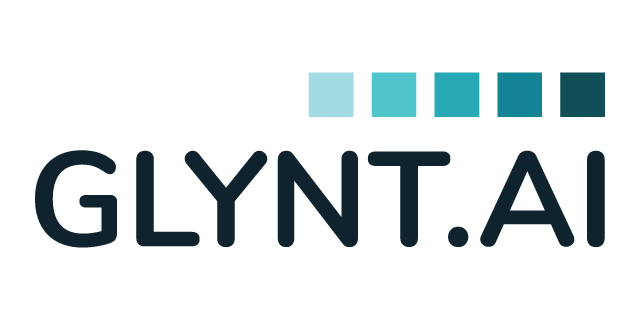2023 is a transitional year for sustainability data. IFRS, the global accounting standards body, has been remarkably clear: By January 2024, companies should be using accounting-based standards to report sustainability data. This enables the key wins investors want: reliable sustainability data, ready for comparisons over time and across companies.
In a previous article, I focused on “The Three A’s Of Investor-Grade Emissions Data.” These are qualities of sustainability data that investors demand: accurate, actual and audit-ready. Investors are frustrated with current practices—the use of estimates instead of actual data, the lack of third-party reviews and the incredible variety of company reporting practices.
But the quality gap in sustainability data cannot be closed by the three A’s alone. Modern financial accounting has gone far beyond simple data capture. In 2002, Congress passed the Sarbanes-Oxley legislation (aka “SOX”) to address confusing and misleading financial statements. The legislation focused business attention on the technology and processes that lead to transparent and reliable disclosures of financial data. The System and Organization Controls audit (aka “SOC”) was developed. The SOX legislation taught us that how data is processed matters: People, processes and technology must come together to deliver the reliable data investors demand.
To bring sustainability data up to the same standard as financial data, we must use the lessons from SOX. The focus should be on the “Trifecta of Trust”: assertions, assurance reports and audits. By using the principles and methods of modern financial accounting, businesses can capture, prepare and deliver reliable sustainability data.
2023 is the year when CFOs sigh with relief. As sustainability data is elevated to the level of financial data and is subject to the same disclosure principles, the finance team is taking charge. A focus on the Trifecta of Trust allows the finance team to use its expertise and existing systems. The CFO can report externally with greater confidence and can use the data internally in established, audited and proven systems. Whew!
And the outcome is that every reporting business can now operationalize integrated financial-sustainability reporting and decision-making. Trade-offs between climate risk and other financial concerns are incorporated into everyday processes. Every CFO can confidently measure their contribution to global emissions reductions and track it over time. No more flying blind. Welcome to a world in which sustainability fits into standard data-driven decision processes.
Keep reading this article at forbes.com
